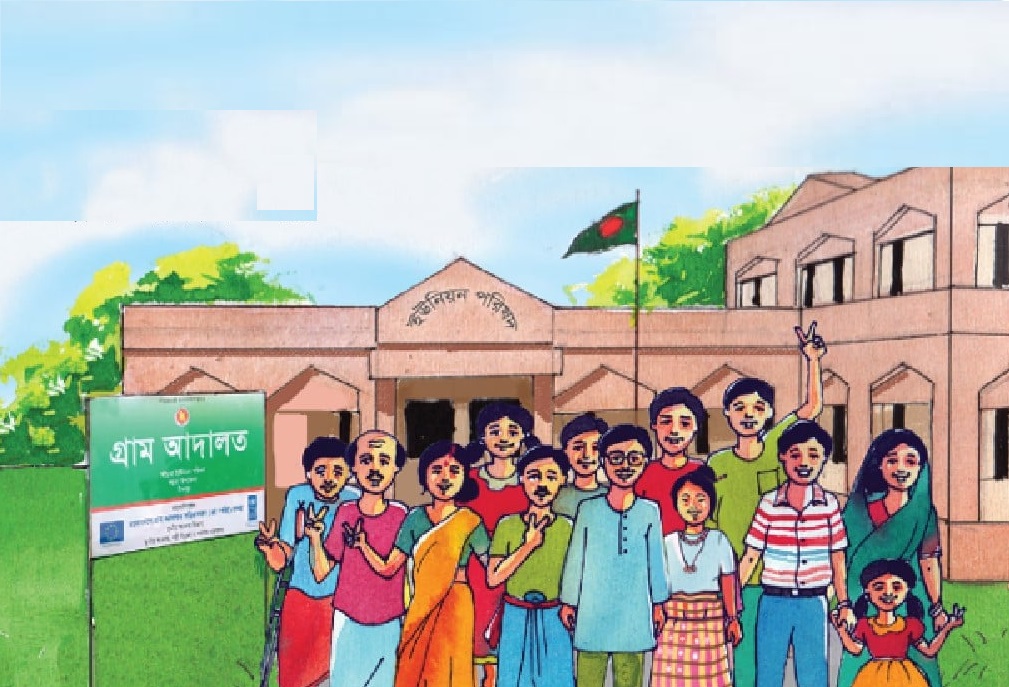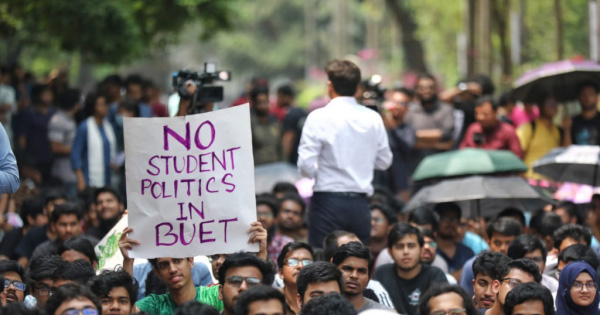Inflation is often described as a “wild horse,” difficult to control and capable of wreaking havoc when not reined in. Bangladesh is currently facing a harsh economic reality, with inflation surging to 9.5% in August 2023—the highest in 12 years. The country’s economy, already fragile due to global pressures, is now reeling under the burden of rising costs for essential commodities. While government officials, such as Planning Minister MA Mannan, have pointed fingers at external factors like the Russia-Ukraine war, a deeper look reveals a more complex issue at play—domestic policy missteps and delays in addressing the inflation crisis.
#### August’s Inflation Spike: A Red Flag Ignored
The Bangladesh Bureau of Statistics (BBS) reported that inflation in August 2023 hit an alarming 9.5%, yet this data wasn’t publicly released in time. Despite this being a crucial indicator of the economic challenges at hand, the inflation report for August remained stalled in bureaucratic limbo, awaiting high-level governmental approval. BBS had prepared and submitted the report to the Ministry of Planning in early September, but for reasons unclear, the “green signal” from top officials never came.
This delay is not only concerning but symbolic of the government’s broader failure to maintain transparency and accountability when it comes to managing economic crisis. Holding back critical information during a time when prices for everyday commodities are skyrocketing reflects poorly on both the Ministry of Planning and the larger apparatus responsible for economic policy. In a period where inflation directly impacts the lives of millions of Bangladeshis, such opacity is inexcusable.
#### Fuel Prices and Global Pressures: The Convenient Scapegoat?
The government has largely attributed the surge in inflation to external factors—primarily, the Russia-Ukraine war, which has disrupted global supply chains and led to a hike in fuel prices. There is no doubt that these events have played a role in inflating commodity prices globally, but relying solely on international circumstances as an excuse overlooks internal inefficiencies and policy failures.
Bangladesh’s heavy reliance on fuel imports, compounded by a lack of diversification in its energy portfolio, has made it particularly vulnerable to fluctuations in global oil prices. The government’s failure to stabilize domestic energy markets has had a ripple effect across all sectors of the economy. Everything from transport costs to food production has become more expensive, exacerbating inflationary pressures.
However, attributing all of Bangladesh’s inflationary woes to global circumstances ignores the government’s own mismanagement. Inconsistent fiscal policies, delayed reforms, and poor planning have left the country ill-prepared to absorb global shocks. In fact, other countries facing similar global pressures have managed to stabilize their inflation rates better, due to more proactive measures and robust economic management.
#### The Soybean Oil Distraction
Minister MA Mannan attempted to provide a silver lining, claiming that prices of soybean oil were falling and that new crops would soon help alleviate food price inflation. However, this comes across as an oversimplification of a much larger issue. The cost of soybean oil is but one piece of a larger puzzle. Even if the price of one commodity drops slightly, inflation is still a systemic issue affecting nearly every facet of the economy—from transportation to housing to healthcare.
Additionally, falling soybean oil prices can hardly compensate for the general rise in fuel prices, which have led to cost increases across the board. Transportation costs, for example, impact the price of almost every commodity, particularly essential goods such as rice, vegetables, and protein sources, which are basic to daily consumption for most Bangladeshi families. A minor relief in one segment of the economy cannot offset the growing costs of these essentials.
The lack of a cohesive, transparent economic strategy from the government has become glaringly evident. While Minister Mannan claims that inflation is “decreasing” and that the government has somehow managed to rein in the crisis, these statements seem more like political posturing than reflections of reality. The inflation rate for September did dip to 9.1%, a marginal drop from August’s 9.5%, but this hardly constitutes a victory. A minimal reduction is not indicative of long-term stability, especially when inflation continues to remain at historically high levels.
Moreover, the fact that BBS has struggled to release critical data on time raises questions about the government’s commitment to informed policymaking. Reliable economic data is essential for developing effective responses to crises. Delaying the release of such data not only hampers public awareness but also undermines the ability of independent analysts and economists to hold the government accountable.
#### What Needs to Be Done
The government must take immediate, decisive action to address inflation, starting with greater transparency and accountability. The delayed release of crucial inflation data is a symptom of a deeper problem—political unwillingness to face hard truths. Admitting to the scale of the problem is the first step toward solving it.
Here are several steps the government could take to better manage inflation:
1. **Strengthen Domestic Supply Chains**: While Minister Mannan pointed to improved supply chains, the government needs to do more. Developing stronger domestic agricultural and industrial sectors would reduce dependence on volatile global markets, thereby insulating Bangladesh from external shocks.
2. **Energy Policy Reforms**: Diversifying the country’s energy sources and reducing dependency on oil imports is essential. Investment in renewable energy and alternative fuels would help mitigate the impact of future fuel price fluctuations.
3. **Monetary Policy Adjustments**: The Bangladesh Bank needs to carefully manage interest rates and liquidity to ensure that inflationary pressures are brought under control without stifling economic growth.
4. **Public Transparency**: Timely release of economic data should be non-negotiable. The public and stakeholders must have access to accurate, real-time information in order to make informed decisions.
5. **Targeted Relief Measures**: Direct subsidies or price controls on essential goods could offer short-term relief for low-income households disproportionately affected by rising prices.
Conclusion
Inflation in Bangladesh is not just a product of global issues—it’s also the result of domestic policy mismanagement, bureaucratic delays, and an apparent reluctance to face economic reality. While the government might claim that it is “reining in the wild horse” of inflation, the facts on the ground tell a different story. Without a transparent, robust, and coherent strategy, the country will continue to struggle with rising costs, and ordinary Bangladeshis will continue to bear the brunt of this economic mismanagement.
The wild horse has not been tamed—it’s merely being ignored, and it is only a matter of time before it runs rampant again.







